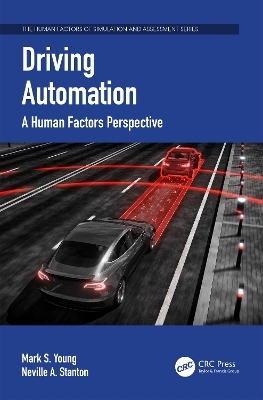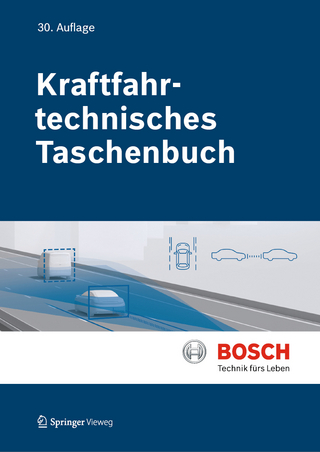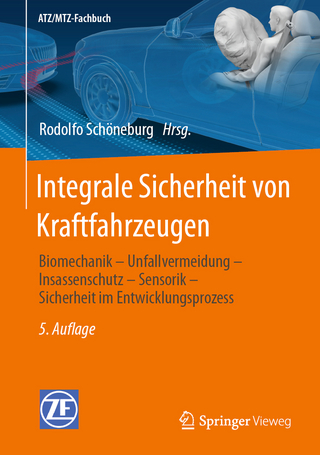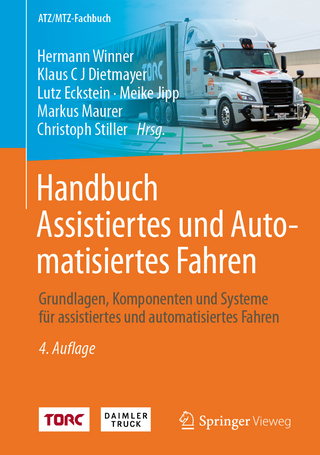
Driving Automation
CRC Press (Verlag)
978-0-367-75445-7 (ISBN)
The technology behind self-driving cars is being heavily promulgated as the solution to a variety of transport problems including safety, congestion, and impact on the environment. This text examines the key role that human factors plays in driving forward future vehicle automation in a way that realizes the benefits while avoiding the pitfalls.
Driving Automation: A Human Factors Perspective addresses a range of issues related to vehicle automation beyond the 'can we' to 'how should we'. It covers important topics including mental workload and malleable attentional resources theory, effects of automation on driver performance, in-vehicle interface design, driver monitoring, eco-driving, responses to automation failure, and human-centred automation.
The text will be useful for graduate students and professionals in diverse areas such as ergonomics/human factors, automobile engineering, industrial engineering, mechanical engineering, and health and safety.
Mark S. Young is a visiting professor, Loughborough Design School, Loughborough University, UK. He has a BSc in Psychology and a Ph.D. in Human Factors and is a Chartered Fellow of the UK Chartered Institute of Ergonomics and Human Factors (CIEHF). His research interests focus on the human factors of transport systems and much of his research has been based on simulators, investigating issues such as driver workload, distraction, and the effects of automation and novel technologies. Neville A. Stanton is a chartered psychologist, chartered ergonomist, and chartered engineer. He is a professor emeritus of human factors engineering in the School of Engineering at the University of Southampton, UK. He has degrees in Occupational Psychology (BSc), Applied Psychology (MPhil), and Human Factors Engineering (PhD, DSc) and has worked at the Universities of Aston, Brunel, Cornell, and MIT. His research interests include modelling, predicting, analysing, and evaluating human performance in systems as well as designing the interfaces and interaction between humans and technology.
Stage 1: Setting out. 1. Context. 2. Promises, promises…. 3. Pay attention. Stage 2: Taking the load off. 4. How low is too low? 5. When is ACC not ACC? 6. What’s skill got to do with it? 7. I thought you were driving! Stage 3: Human-centred automation. 8. What can automation do for us? 9. How do we get along? Stage 4: Letting George do it. 10. An autopian future?
| Erscheinungsdatum | 20.02.2023 |
|---|---|
| Reihe/Serie | Human Factors, Simulation and Performance Assessment |
| Zusatzinfo | 14 Tables, black and white; 26 Line drawings, black and white; 13 Halftones, black and white; 39 Illustrations, black and white |
| Verlagsort | London |
| Sprache | englisch |
| Maße | 156 x 234 mm |
| Gewicht | 453 g |
| Themenwelt | Technik ► Fahrzeugbau / Schiffbau |
| Technik ► Umwelttechnik / Biotechnologie | |
| ISBN-10 | 0-367-75445-2 / 0367754452 |
| ISBN-13 | 978-0-367-75445-7 / 9780367754457 |
| Zustand | Neuware |
| Haben Sie eine Frage zum Produkt? |
aus dem Bereich


